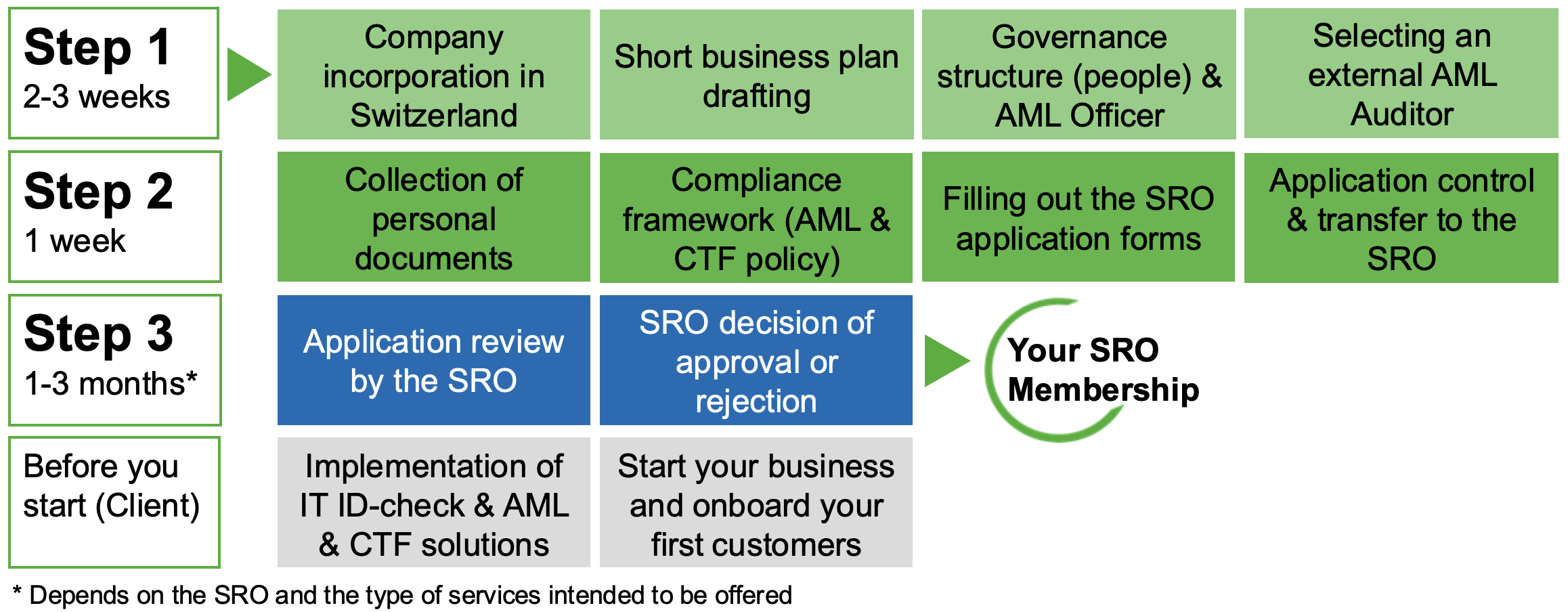Unlike banks or licensed financial institutions, members of a Self-Regulatory Organisation (SRO) in Switzerland are not required to maintain a regulatory capital buffer. This makes the SRO membership route more accessible for many payment service providers and financial intermediaries.
However, Swiss corporate law imposes minimum share capital requirements for establishing a legal entity:
-
Swiss GmbH (LLC / SARL): Requires a fully paid-in share capital of CHF 20,000.
-
Swiss AG (Ltd / SA): Requires a minimum share capital of CHF 100,000, of which at least CHF 50,000 must be paid up at incorporation.
This corporate capital generally supports the company’s operational needs, such as staffing, infrastructure, and service delivery.
Swiss corporate governance rules, notably Article 725 of the Swiss Code of Obligations (CO), impose specific duties on the board of directors concerning capital adequacy. In particular, if the company experiences (i) Capital loss (when net assets fall below half of the share capital) or (ii) Over-indebtedness (liabilities exceed assets), the board must promptly take appropriate measures to protect creditors, such as calling a shareholders’ meeting, filing for restructuring, or liquidation.



